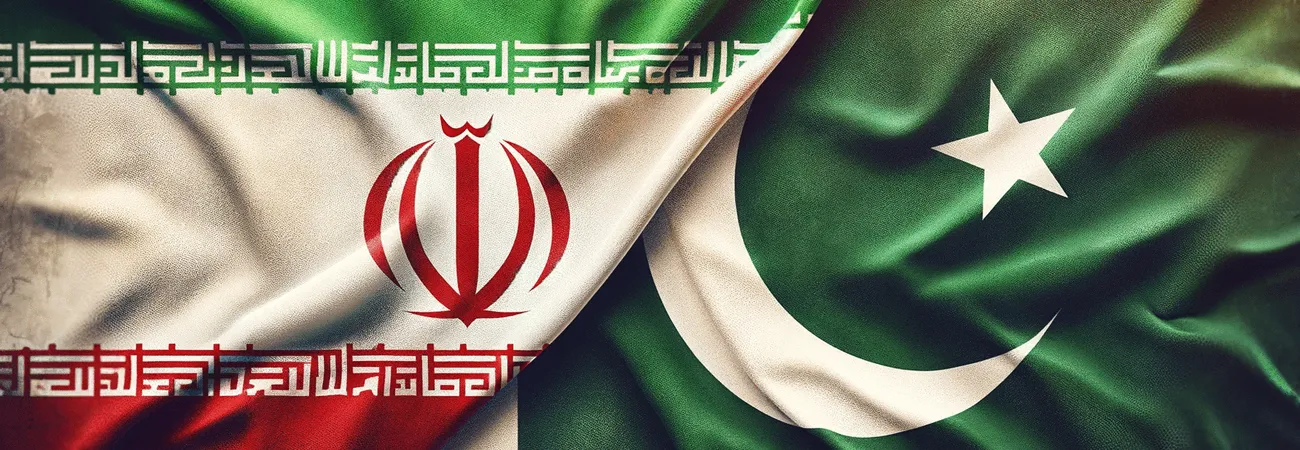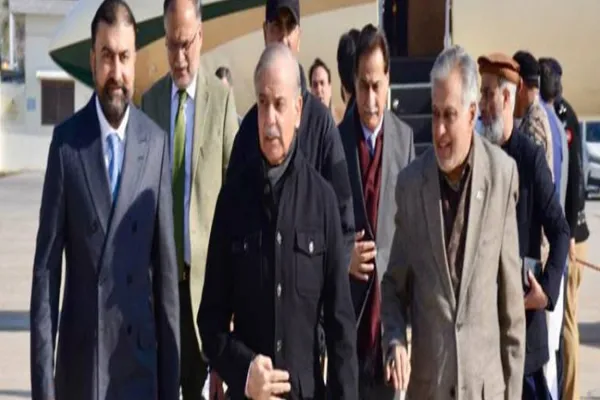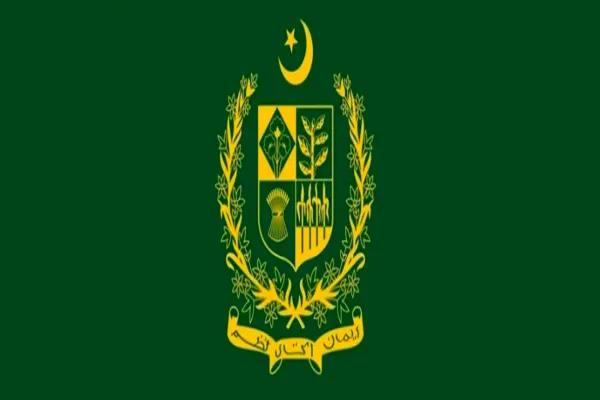i NEWS PAKISTAN
International politics and diplomacy experts on Thursday weighed in after Pakistan struck terrorist hideouts in Iran’s Siestan-o-Baluchistan province, less than 48 hours after Iran violated its airspace. According to a statement by the Foreign Office (FO), Pakistan undertook a series of “highly coordinated and specifically targeted precision military strikes” this morning and killed a number of terrorists during the intelligence-based operation codenamed ‘Marg Bar Sarmachar’. The strikes came after Iran had launched attacks in Pakistan targeting what it described as bases for the militant group Jaish al-Adl in the border town of Panjgur in Balochistan, prompting strong condemnation from Islamabad, which then proceeded to downgrade its diplomatic ties with the neighbours. Settle through ‘diplomacy, bilateral communications’ Former foreign secretary of Pakistan, Aizaz Ahmad Chaudhry, told a private TV news channel that Pakistan acted “responsibly” and “has proved with this response that we don’t want to do it but we can do it”. He said that a “friendly” country does not attack their friends but long-term thinking is required. He urged the highest authorities in Pakistan and the Iranian government to “talk” and “settle this through bilateral communications and China’s help”.
“Iran’s government has good relations with Pakistan so we should talk to them,” he expressed. “[Pakistan’s] border situation is not okay with India and Afghanistan so I don’t think they [Pakistan] would want to open up [a conflict on] another border,” the former diplomat stated. Former human rights minister Shireen Mazari described Pakistan’s response as “swift and proportionate”. However, she asked, “why both supposedly friendly “brotherly” Muslim countries, with deep historical and social ties, allowed space for creation of these militant groups in each other’s territories?” Senior journalist Talat Hussain said that Iran — after Pakistan’s response — has a “window to exit the self-created crisis” since “scores are settled” in a post on X. Political analyst Mosharraf Zaidi warned of a “very dangerous and unpredictable situation”. “For years, Iran has actively curated terrorists that target Pakistan — worst of all, Iran works with India to undermine Pakistani security. On the surface, Pakistan’s targeting of these groups is perfectly defensible.” “Iran wants a fight — wherever it can get one — because a revolutionary regime cannot survive without fighting for its grand vision.
That’s how it mobilises people aligned with its vision: a perpetual state of war,” Zaidi added. On the other hand, “Pakistan is an anchor of regional and global stability and a model of strategic restraint. Pakistan’s stakes require the absence of war,” he stated.“It is no accident that Pakistan’s negative economic trajectory is aligned chronologically with the regional instability it endures.” Michael Kugelman, a scholar of South Asian affairs at the Wilson Center in Washington, said that “Pakistan’s retaliation appears to have been proportionate to Iran’s earlier strike, and notably it targeted only militants and not Iranian security forces. “With both sides even, so to speak, this provides an opening for de-escalation, if cooler heads prevail,” before adding, “But that’s a big if.” He also stated, “With Pakistan now having retaliated militarily against Iran, now is the time for third-party mediation to ensure that a sudden but increasingly dangerous crisis doesn’t spiral out of control.” Anchorperson Kamran Khan said that Pakistan gave a “loud and clear” to Iran but hinted that the development could endanger the general elections scheduled for Feb 8.
He stated a day before Iran’s “sudden, intense border escalation is set to compel the government to delay the February elections” in Pakistan. “There’s a mounting realisation that, following yesterday’s unwarranted Iranian assault, the tens of thousands of troops necessary for securing the February 8 elections may no longer be available.” Senator Sherry Rehman said the people on both the sides should “not fan the flames” and “this should stop here.” She said Iran was a friendly country and noted such border exchanges have been going on for a long time since 2013 and that there were treaties on it as well. She said the strike by Iran was “unpredictable” and Pakistan would have thought “a lot” before retaliating. Former senator Mustafa Nawaz Khokhar said Tehran’s attack on Pakistani soil was a “drama to hide cowardice in front of Iranian people.” “It is a pity that the Iranian rulers chose this path. Severing diplomatic relations is the right step,” he said.
Credit: Independent News Pakistan (INP)









